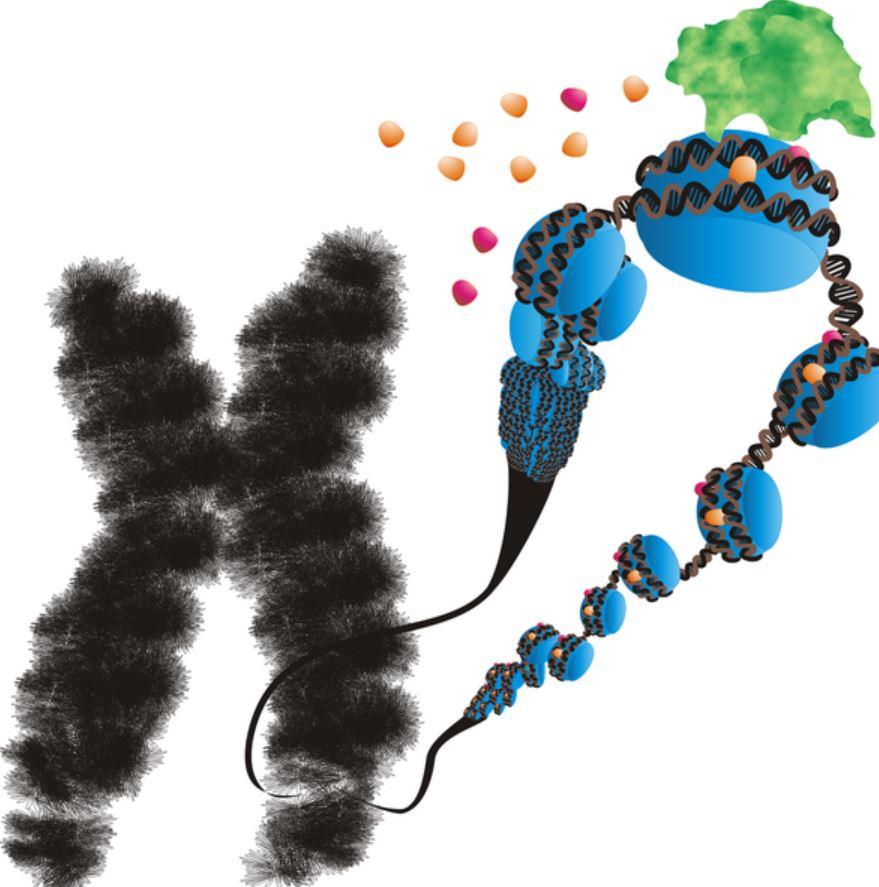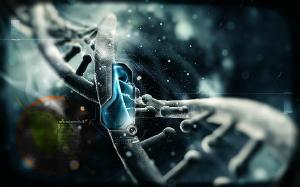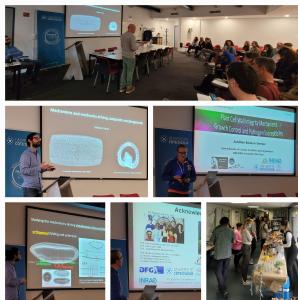Académie d'Excellence "Complexité et diversité du vivant"
5th Academy 4 Research Webinar - Mental Retardation & Protein Dynamics - Oct 19th, 2021
- Research
- Science and society
- IDEX
on the October 19, 2021
Online

It is our pleasure to announce the Academy 4 Research Webinars on Bio-Medical & Transdisciplinary Topics.
They take place every 3rd Tuesday of the Month.
The 5th session on MENTAL RETARDATION & PROTEIN DYNAMICS took place online on the 19th of October 2021 at noon (12pm).
Here is the replay : 5th Academy4 UCAjedi Research Webinar - Oct 19, 2021 - Mental Retardation & Protein Dynamics
Program
12:00
"Exploring the nuclear functions of the Fragile-X Mental Retardation Protein."
Dr Carole GWIZDEK PhD, Chargée de Recherches CNRS , "Sumoylation in neuronal function and dysfunction" team, IPMC CNRS Sophia Antipolis, gwizdek@ipmc.cnrs.fr.
Team website : https://www.ipmc.cnrs.fr/cgi-bin/site.cgi
Abstract: The Fragile-X Syndrome represents the most common inherited form of intellectual disability and a primary monogenetic cause of autism spectrum disorder (ASD). This disease results from the absence or the mutation of the Fragile-X Mental Retardation Protein (FMRP) in the brain. The majority of FMRP is in the cytoplasm and most studies have focused on its cytoplasmic roles in the formation and the function of synapses. Interestingly, FMRP also carries signals allowing it to enter in and go out of the nucleus and mutations in these signals were identified in FXS patients. However, a global view of the nuclear functions of FMRP is still missing. In this talk, we will present our proteomics studies leading to the identification of the nuclear interactome of FMRP in the brain and propose an insight of its potential nuclear functions. Then, we will discuss how computational structural modelisation is now required to bypass the limitations encountered in conventional biochemical approaches to go further in the elucidation of the nuclear functions of FMRP and their impact in the etiology of the Fragile-X Syndrome and associated ASD.
Joint work with Félicie Kieffer, PhD student.
Bio: Dr. Carole Gwizdek is a CNRS researcher at the Institut de Pharmacologie Moléculaire et Cellulaire (Sophia Antipolis, CNRS, Université Côte d’Azur) in the team “Sumoylation in neuronal function and dysfunction”. She is an expert in nucleocytoplasmic transport, neurobiology and post-translational modifications. She recently investigated the regulation by SUMO of FMRP-mediated processes and leaded a proteomics project to identify a synaptic SUMOylome in the developing brain. She now combines her dual expertise in nuclear processes and neurosciences to develop a project on the nucleo-synaptic crosstalk mediated by FMRP in neurons, in collaboration with Dr. Barbara Bardoni (IPMC), expert in FXS and intellectual disabilities and with the financial supports of the Fondation Jérôme Lejeune, the UCA-Jedi IDEX and the Fondation pour la Recherche Médicale.
12:30
"Mining protein flexibility: a new class of move sets."
Dr Frédéric CAZALS Research Director, Algorithms-Biology-Structure, INRIA Sophia Antipolis, Frederic.Cazals@inria.fr.
Team website : https://team.inria.fr/abs/team-members/homepage-frederic-cazals/
Abstract: Protein flexibility is key for most biological functions, yet, poses daunting challenges from the computational standpoint. On the one hand, the prediction of large amplitude conformational changes requires exploring conformational spaces with (tens of) thousands of degrees of freedom. On the other hand, localized dynamics fine tuning thermodynamics and kinetics are equally challenging to predict accurately. At the heart of protein flexibility studies, are so-called move sets, that is operations generating novel protein conformations from an existing one. Starting with the review of the celebrated Ramachandran diagram, this talk will review a novel class of backbone move sets, combining a delicate geometric model of the backbone, and a sampling procedure for high dimensional spaces.
Joint work with Timothee O'Donnell, PhD student.
Bio: Dr CAZALS leads the Algorithms-Biology-Structure team, Inria Sophia Antipolis Méditerranée, and teaches computer science at UCA and applied mathematics at Centrale-Supélec. His research is at the interface between computer science and structural bioinformatics. He is the architect of the Structural Bioinformatics Library (http://sbl.inria.fr), which proposes a novel synergy between low-level algorithmics and structural bioinformatics.
Full CV: http://www-sop.inria.fr/teams/abs/members/fcazals-long.pdf
ORGANIZERS:
Academy of Excellence 4 "Complexity & Diversity of the Living Systems"
Academy of Excellence 5 "Human Societies, Ideas and Environments"
Graduate School and Research HEALTHY - Health Science Ecosystems
Graduate School and Research LIFE - Life and Health Sciences
Institute NeuroMod - Cognitive Systems, Normality and Pathology of the Human Brain and Computational Neurosciences
Labex SIGNALIFE - Network for Innovation on Signal Transduction Pathways in Life Sciences




















